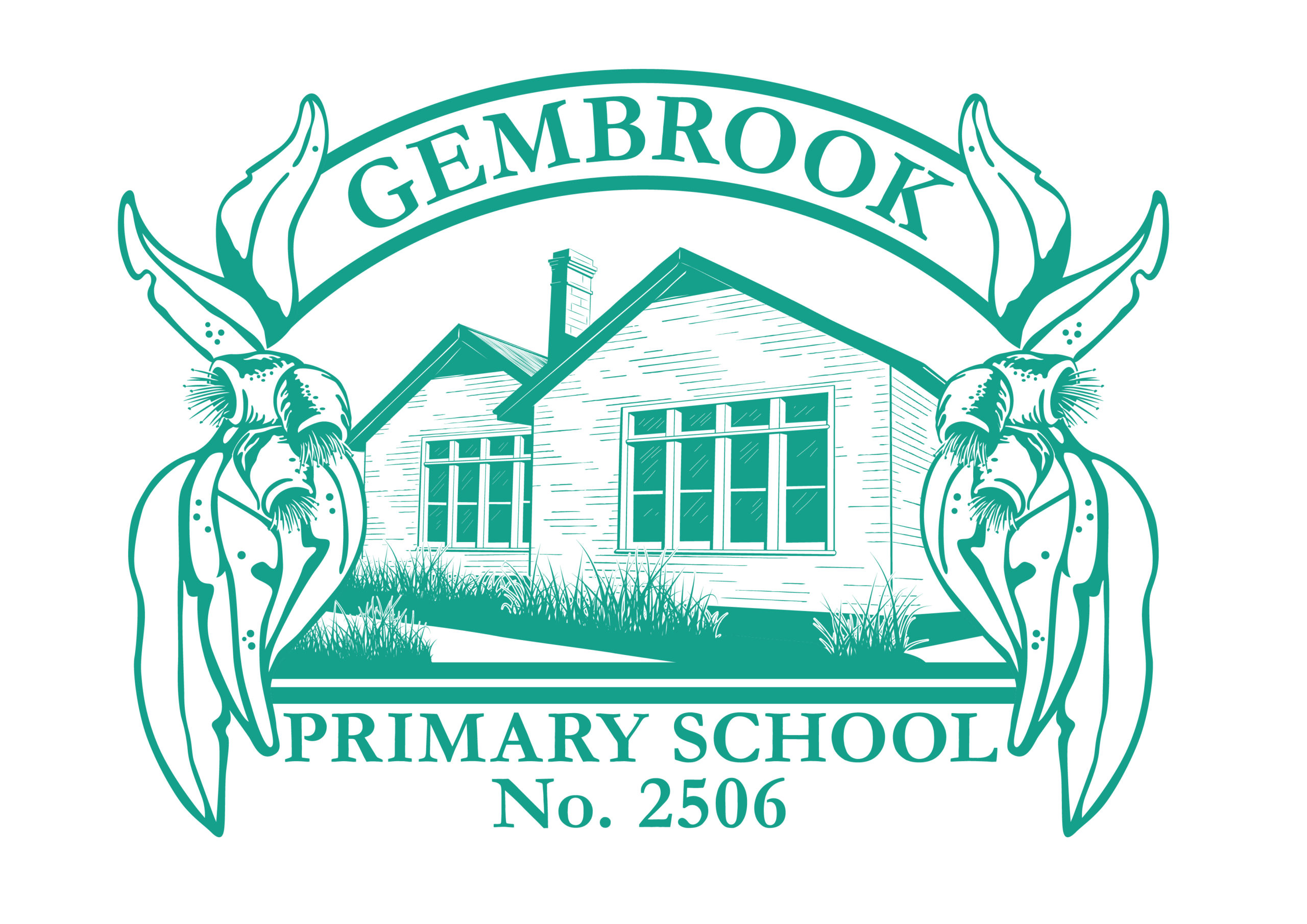Science
At Gembrook Primary School, all students have opportunities to learn about scientific concepts in a safe, challenging and engaging environment. The school was one of 35 in the state to have been selected as a Primary Science Specialist School in 2014 and receive funding to run a specialist science program for all students for 2 years.
This enabled our school to have quality Victorian Curriculum based resources and professional learning for all staff, thus ensuring the continuing focus on this curriculum area.
The focus throughout the school is for all students to gain a sound understanding of scientific concepts and how these relate to their lives. To assist in this process, we utilise the Australian Academy of Science – Primary Connections resources, that link science with literacy, and enable students to achieve a comprehensive grasp of the basic scientific principles.
https://www.science.org.au/primaryconnections
Each year level compliments the Primary Connections units with additional resources. The main subject areas that students focus on are Biological Sciences, Chemical Sciences, Earth and Space Sciences and Physical Sciences. Below is an overview of the curriculum focus for each year level, and the students’ focus in understanding their world from a scientific perspective.
In Prep – Grade 3 the curriculum aim is for students to develop an awareness of how people use science in their daily lives. Learning focuses on:
- fostering and developing students’ curiosity about their immediate world
- encouragement of asking questions and testing ideas
- exploratory, purposeful play that is central to students’ investigations
- use of senses to observe and gather information
- describing, making comparisons, sorting and classifying to create order that is meaningful
- students beginning to describe relationships in the world around them
- encouraging students to develop explanatory ideas and test them through further exploration
In Grades 4 – 6 the curriculum aims for students to recognise how science knowledge can assist people to understand the effects of their actions aims for students to recognise that understandings, discoveries and inventions are used to inform personal and community decisions and to solve problems that directly affect people’s lives. Learning focuses on:
- students developing their ideas about science that relate to their lives, answer questions, and solve mysteries of particular interest to their age group.
- students use a trial and error approach to their science investigations
- progression to a more systematic way of understanding
- the idea of a ‘fair test’ and the idea of variables are developed, as well as other forms of scientific inquiry
- students beginning to understand the importance of measurement in quantifying changes in systems
- students developing explanations about why there are similarities and differences in living things and objects/ events.
- students beginning to understand the complexity of the natural and built world; understanding of the world is enhanced by understanding it as ‘systems’, and how components (parts) within systems relate to each other.
- from evidence through observation, explanations about phenomena can be developed and tested. With new evidence, explanations may be refined or changed.
- through examination of living structures, Earth, changes of solids to liquids and features of light, students will begin to recognise patterns in the world.
